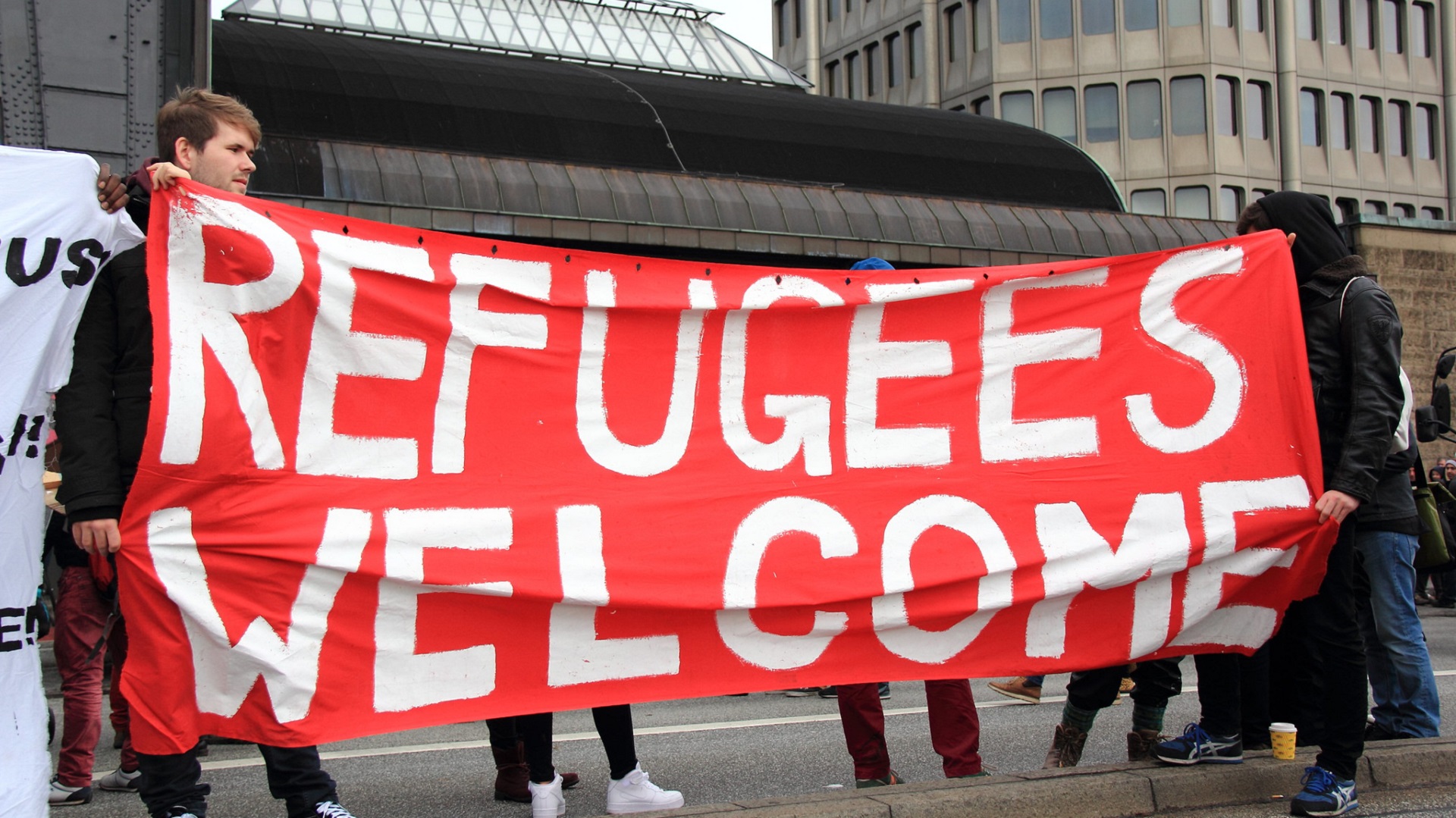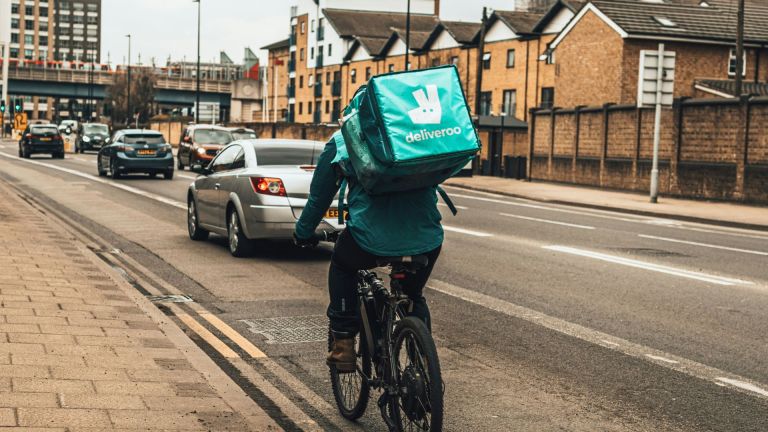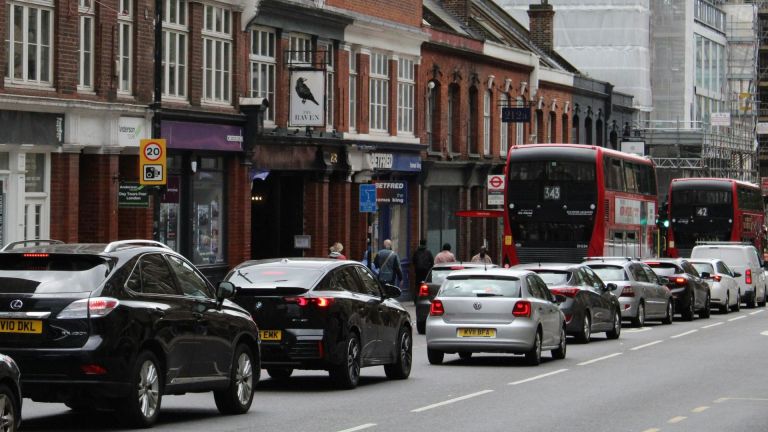The UK government has thrown so much at refugees and people seeking asylum lately in their quest to (one more time for the people at the back) “STOP THE BOATS”, that it’s hard to look beyond the headline-grabbing soundbites to meaningfully look at how proposed new plans for the UK asylum system will actually work in practice, and the impact they will have on both individuals and communities.
The Illegal Migration Bill – the monstrous behemoth of legislation currently making its way through Parliament – intends to deter people considering arriving by ‘irregular’ routes, such as small boats, from coming here at all due to its hostile and extreme measures, which includes detaining and deporting people.
The complicated reality though is that, in large part due to a lack of safe alternative routes, and the false assumption that people understand the complexities of the UK asylum system before they undertake their journey, some people (though by global comparisons, relatively few) will continue to attempt the journey to the UK by whatever means possible.
For those who do come, safety and security are still a long way off. According to recent data published by the Refugee Council, under the Illegal Migration Bill an estimated 192,670 people could have their claim for refugee protection deemed inadmissible – not even considered – within the first three years of the legislation passing. People in this position will be unable to have their asylum claims processed, but will also be prevented from working, and in most cases cannot be removed from the UK due to the lack of returns agreements in place with other countries.
Get the latest news and insight into how the Big Issue magazine is made by signing up for the Inside Big Issue newsletter
Caught in this predicament, they will effectively be locked out of society, stuck in limbo and forced to endure an indefinite period of extreme hardship, poverty, and potential exploitation. The inevitable outcome for many people seeking asylum would be homelessness and destitution.










